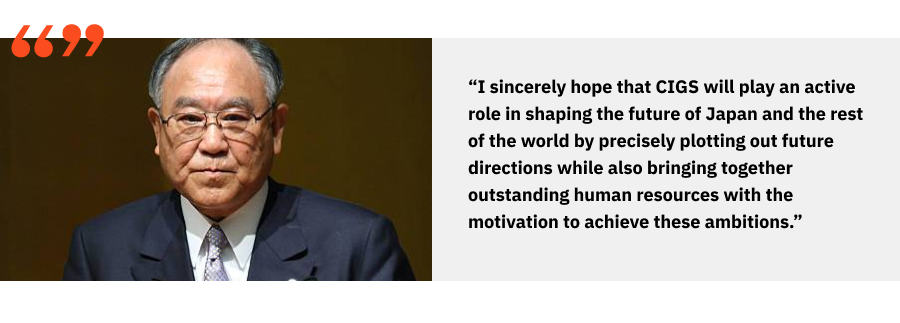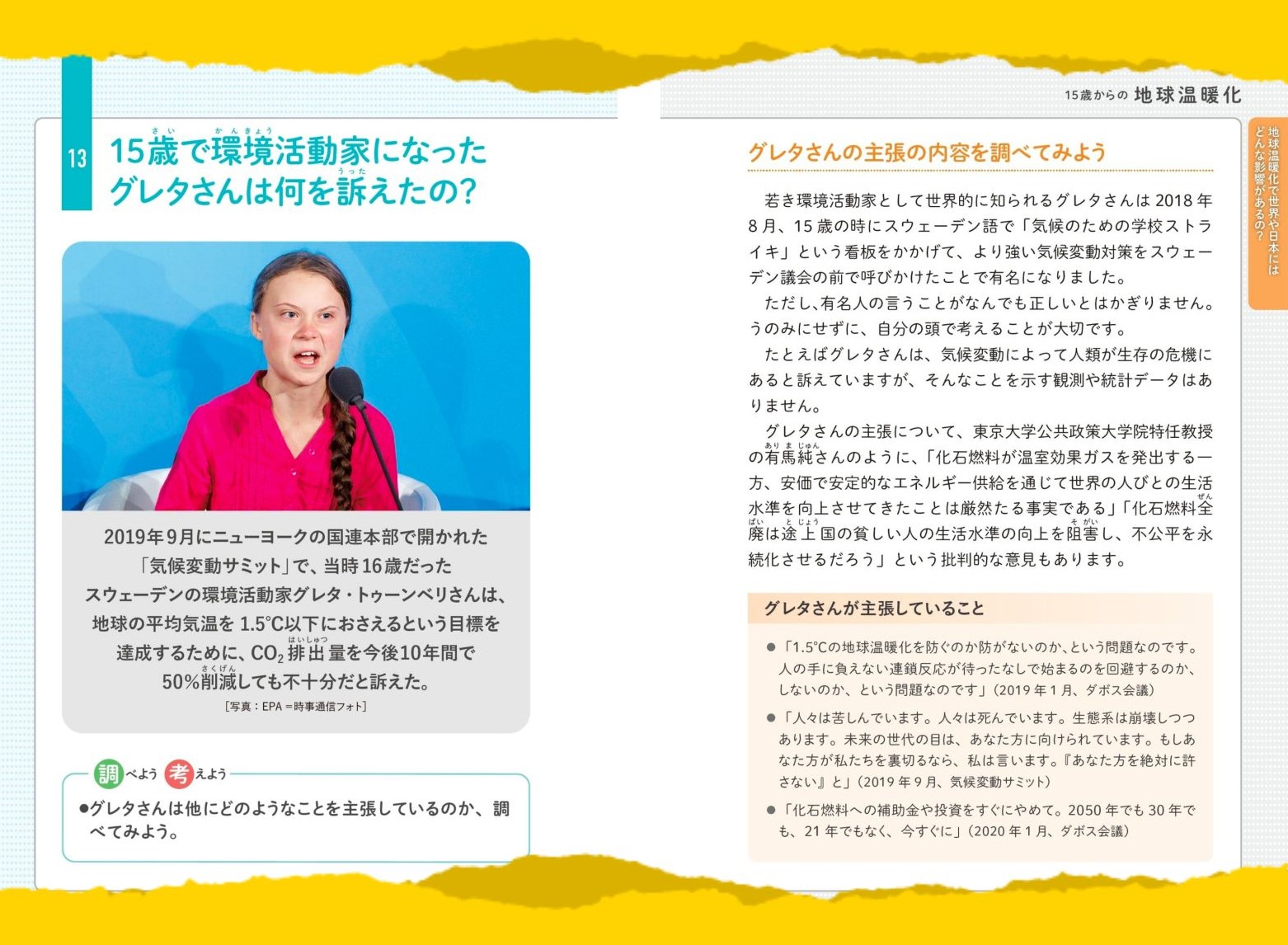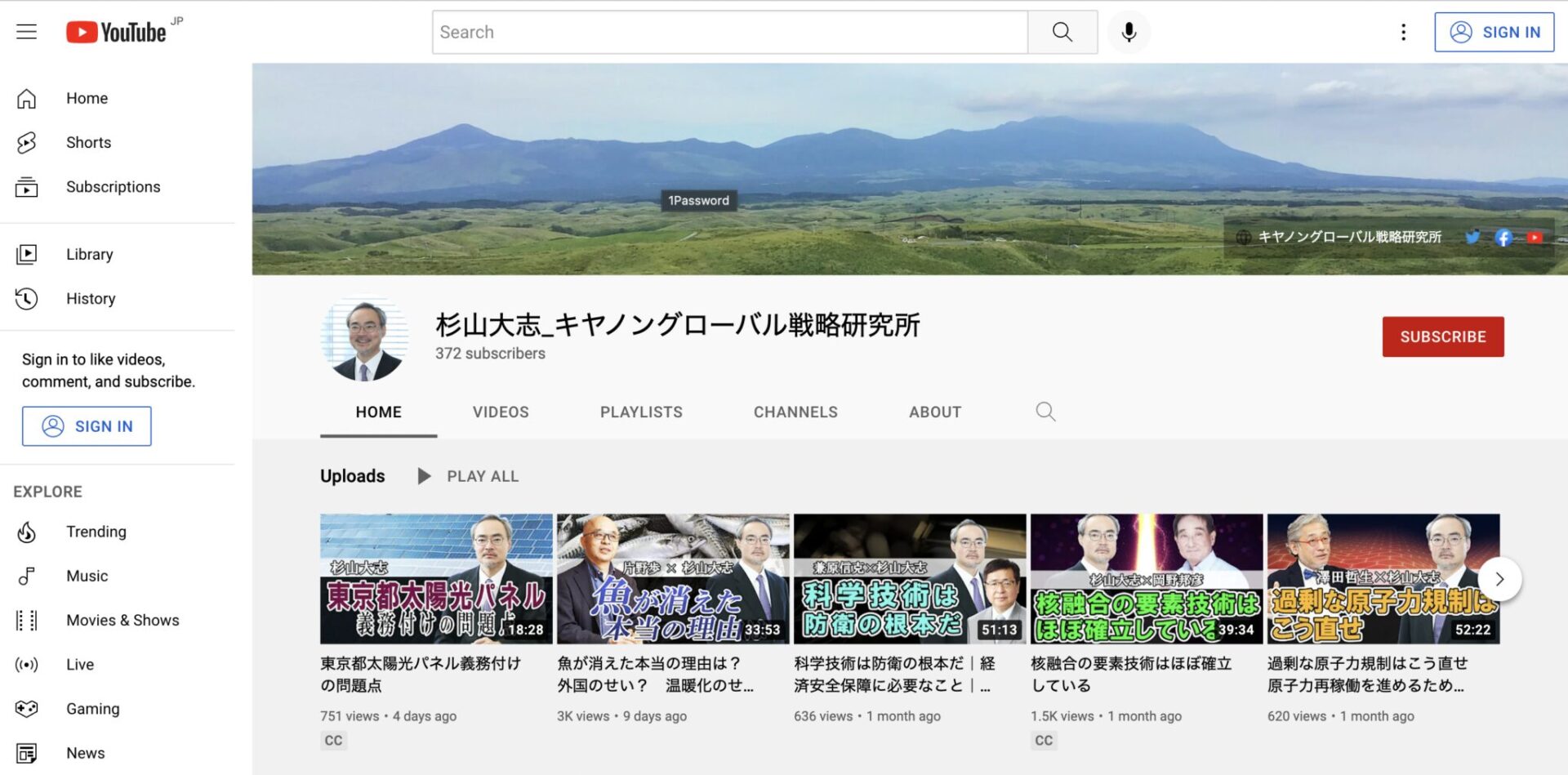SUMMARY
Canon is one of the world’s best known brands, with products spanning photography, printing and medical imaging. With its corporate philosophy of “kyosei”(living and working together for the common good), Canon has carefully crafted a brand synonymous with wildlife and nature.
However, as revealed in an expose in February 2022, Canon has two faces. Built on the back of the environmentally-friendly brand respected by its customers, Canon has created a think tank which is a platform for climate denial.
The Canon think tank spreads falsehoods about climate science, promotes fossil fuels and aims to slow the transition to clean energy in Japan. Its reach includes everything from international media to school children and government policy-making bodies.
This updated report shows that despite even Canon’s own scientists labelling its position “not defensible,” the Canon think tank has doubled down on climate denial and conspiracy theories throughout 2022, even accusing the environment movement of being a Russian tool in support of Chinese solar power.
Equally concerning, new research has shown that Canon Inc. has cut its climate targets significantly this year, making it one of the first major companies globally to reduce ambition precisely when a rapid increase is required.
As a respected and influential global brand, Canon can play a powerful role in driving climate action, both through positive advocacy to the government, and through communicating to a global community of nature lovers who buy its products.
It must live up to its own values, or face a potential backlash not just from consumers, but also from investors, which have already publicly signalled their deep concern over the company’s lack of boardroom diversity.
Fujio Mitarai, CEO and Chairman of Canon Inc, and Chairman of the Board of Supervisors at Canon Institute of Global Studies (CIGS) has been exposed and now he must come clean:
- Mitarai and Canon’s senior management must withdraw support for CIGS, in the first instance, until publications by its research directors which deny the science of climate change, are removed from sale. This must start with Mr. Sugiyama’s publication targeting children, Global Warming from the age of 15: Factfulness not taught at school.
- Canon Inc.’s leadership must also take responsibility for the views of CIGS researchers, and in particular, end Mr. Sugiyama’s participation in government and the Intergovernmental Panel on Climate Change bodies.
- It must also issue a public statement that it in no way endorses the anti-science and pro-fossil fuel views of the think tank, and will undertake a public review of the failures of governance which have allowed its brand to be used as a platform for these extreme views.
Additionally, Canon Inc. must:
- Commit to a 2030 absolute emissions reduction target that is at least equivalent to about 45% reduction from 2010 (excluding offsets)
- Commit to 100% renewable energy with at least 60% RE by 2030 and secure captive and PPA
- Develop and implement a 1.5°C-aligned climate policy engagement plan that includes active engagement on key 1.5°C-relevant regulation and RE policy, especially in Japan







